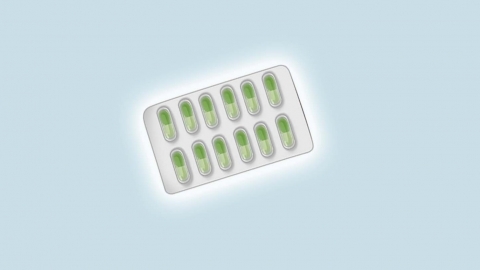Can contraceptive pills reduce menstrual pain?
Generally speaking, whether contraceptive pills can usually reduce menstrual pain needs to be determined based on the individual patient's condition. If discomfort occurs, timely medical consultation is recommended. Detailed analysis is as follows:

If menstrual pain is caused by primary dysmenorrhea and the patient has no contraindications for using contraceptive pills, these pills usually can reduce pain. Primary dysmenorrhea often results from excessive secretion of prostaglandins from the endometrium, leading to strong uterine contractions. Contraceptive pills can inhibit ovulation, reduce endometrial growth, decrease prostaglandin secretion, and thus alleviate the intensity of uterine contractions and relieve pain.
If menstrual pain is caused by organic diseases such as endometriosis or adenomyosis and the condition is severe, contraceptive pills generally cannot effectively reduce the pain. Pain caused by these diseases originates from lesion irritation and pelvic adhesions. Although contraceptive pills may temporarily alleviate some symptoms, they cannot eliminate the lesions themselves, and pain tends to recur. Therefore, other targeted treatments are required.
When using contraceptive pills to alleviate menstrual pain, appropriate types and dosages should be selected under a doctor's guidance; self-medication is not recommended. Individuals with a history of thrombosis or abnormal liver or kidney function should avoid using them. Additionally, contraceptive pills should not be used continuously for prolonged periods, and regular follow-up evaluations are necessary to ensure safe medication use.




